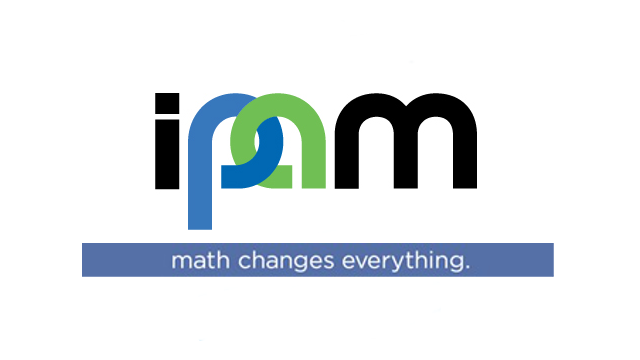Abstract
Michel Bierlaire
École Polytechnique Fédérale de Lausanne (EPFL)
The new generation of decision support tools for traffic management must account for the behavioral response of the travelers to modern multimodal transportation systems. In particular, the emergence of new technologies, such as autonomous vehicles, and the development of shared mobility have fundamentally changed the mode choice behavior of travelers, where the border between public and private transportation is much less pronounced than 10 years ago. Moreover, more and more suppliers of mobility services work in a competitive environment, both for long distance (airlines, railways) and urban travel (ride-sharing, carpooling. etc.), generating a higher elasticity of the demand to price and service quality.
Advanced discrete choice models capturing the behavioral response of travelers to the new mobility solutions have been proposed in the literature. They are able to account for the heterogeneity of the demand, and for many explanatory variables. Unfortunately, the complex mathematical formulation of these advanced models precludes their integration in the optimization tools that are used to design and operate the systems themselves. An integrated approach, where the operations research tools account for the behavioral responses of the users, must be considered.
In this lecture, we present a recent methodology that allows to integrate in the same framework the optimization of the operations of a system and the advanced behavioral models. The advantages of this approach include the following:
- It is general, and not designed for a specific application or context.
- It is flexible, as the demand model is not restricted to logit. Any random utility model can be considered.
- It is scalable, in the sense that the level of complexity can be adjusted.
- It is integrated, in the sense that the demande and supply models are not considered sequentially, in a fixed point or equilibrium framework.
- It leads to a linear discrete optimization model, that can be solved efficiently by modern solvers.
